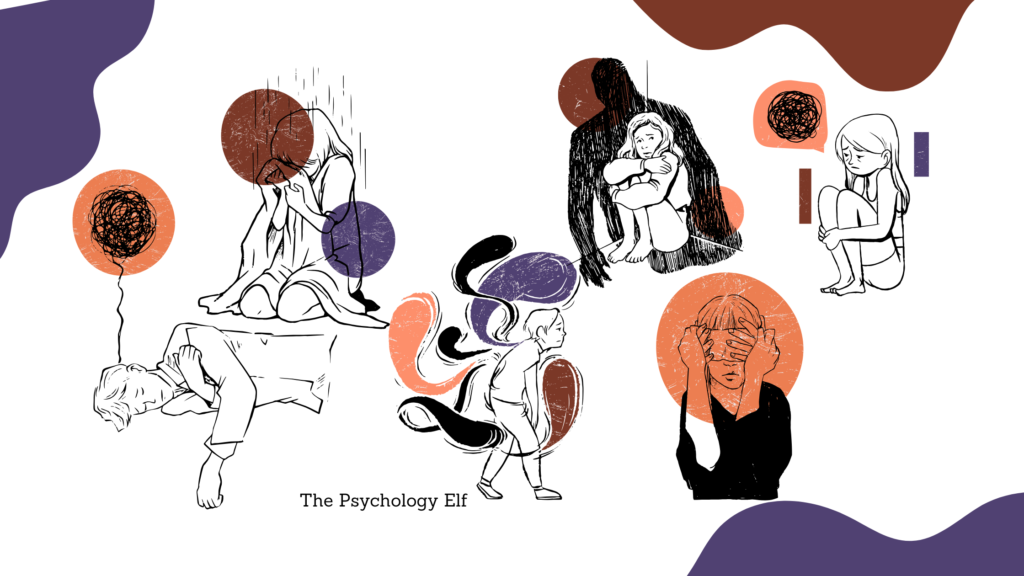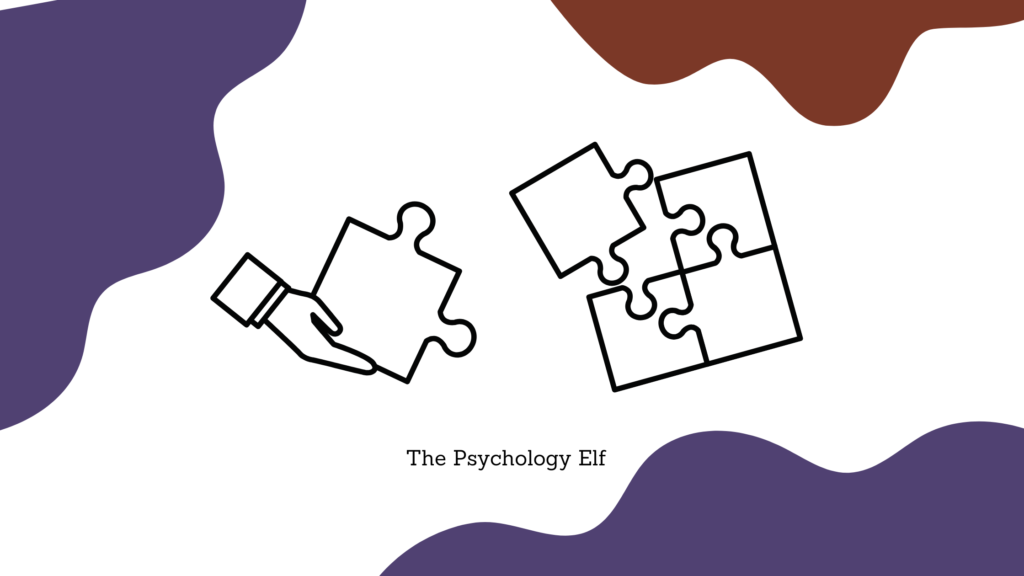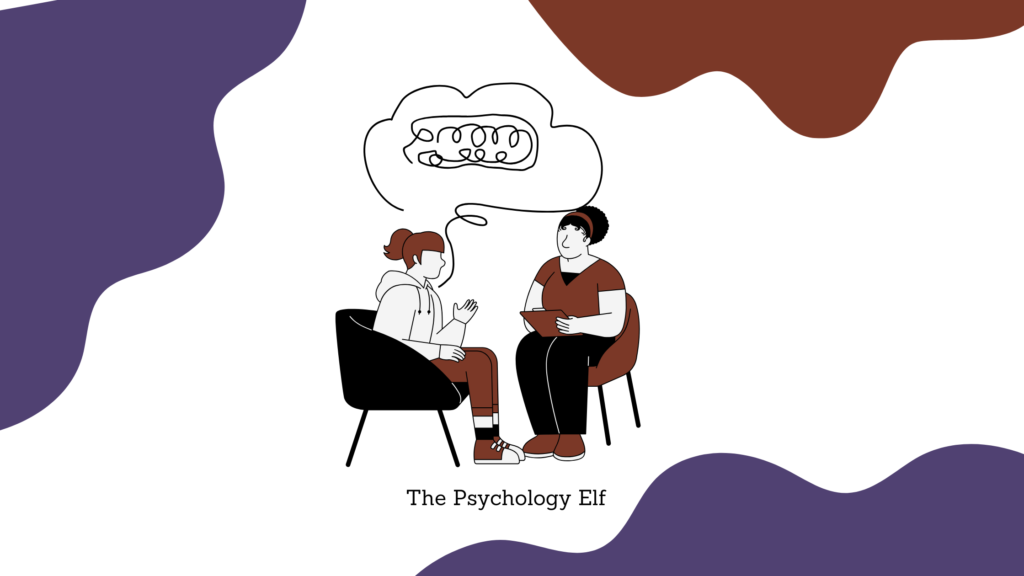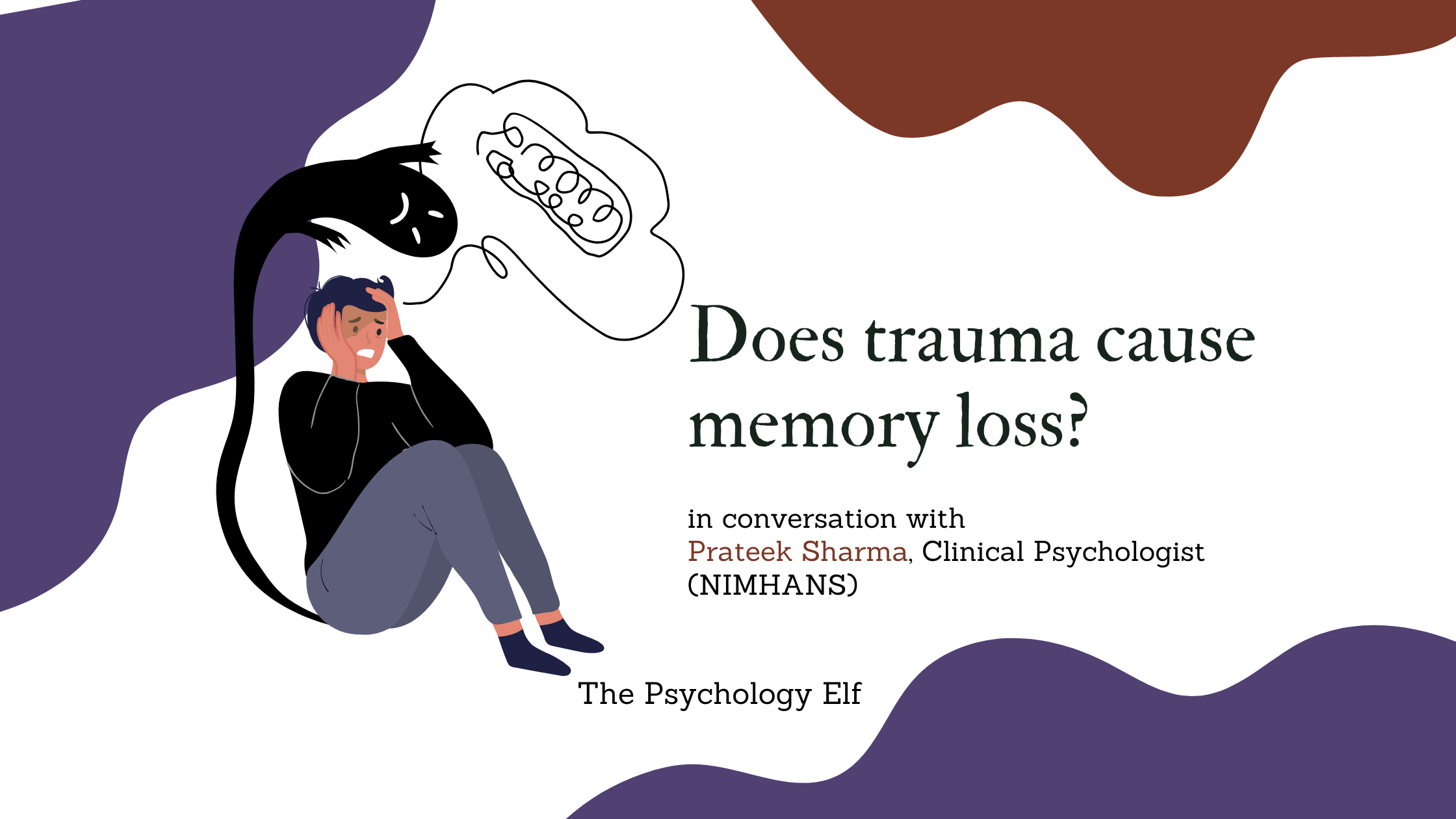Some things— especially the most painful ones— are best forgotten. You can’t be hurt or affected by something you don’t remember. So, maybe it’s true when they say that trauma can cause memory loss.
For clarity, I contacted Prateek Sharma, a clinical psychologist practicing in India (he goes by @prateekshawarma on Instagram, by the way). I asked him the big question: Does trauma cause memory loss? His response caught me off guard.
Well, memory “disturbances” is the term that he preferred using. He says, “Memory disturbances is the umbrella term here that can be used. Does trauma cause (memory) disturbances? Yes, it does.” So, memory disturbances, not memory loss, people.
I understood that trauma doesn’t simply erase memories as if they never existed. Instead, it disturbs them, making them fragmented, not easily accessible, or even scattered across our minds as puzzle pieces that we can’t put together easily.
Understanding Trauma & Memory
Imagine a pleasant experience: you’re having a fun time with your friends at a beach. This memory will get coherently stored in your brain; the facts of the memory will be neatly bundled with the emotions you felt—- all the pieces fitting together well and easily accessible later.
But, when something traumatic happens, the brain goes into survival mode. It prioritizes immediate responses and keeps you safe over memory storage. Prateek says, “When the traumatic event is happening, the frontal part [of the brain] doesn’t work; we’re only operating on our amygdala and other sub-cortical features… so you can’t put together a very coherent narrative.” This explains why the memories of a traumatic event often feel fragmented or even incomplete.
For example, one could remember the sensation of fear or the sound of slamming doors during a traumatic experience. But they may not remember the incident, how they got there, or what happened afterward. Here, it’s not like the memory is gone entirely. It’s just that the memory feels scattered and disjointed in places and does not appear as a whole event.
Why Does Trauma Affect Memory?
I learned that there’s a reason why trauma affects memory in the ways mentioned above. While the brain is complex, traumatic experiences disrupt the relationship between two parts: the prefrontal cortex (the rational reasoning part) and the amygdala (the part responsible for handling emotions and survival instincts).
When in a traumatic situation, the amygdala takes over, flooding the body with stress hormones and minimizing the role that the prefrontal cortex plays. This makes it difficult for us to make sense of our experiences.
This implies that trauma doesn’t only affect what we remember but also how we remember things. It is, as Prateek puts it, “It’s not that the memory has vanished; it’s just that the memory is split up, becomes dissociated.”
This kind of dissociation—where the facts of an event or experience are stored separately from the related emotions—can make it hard for us to access the full memory in its original form. Prateek said, “You will come across people who will talk about their adverse and traumatic experiences in a verbal flow but without any felt emotions… but they are not feeling anything at all because the feeling part is split.”
I find it fascinating (and quite unsettling) how trauma can not only affect our memories but also create emotional gaps. It also makes me think back to how some people seem so detached when discussing the difficult aspects of their past. It’s not like they don’t remember, but more like they can’t feel what they have gone through.
Factors That Influence Trauma-Related Memory Disturbances
I already knew that trauma doesn’t affect everyone the same way. But, Prateek further told me that potentially traumatic incidents may cause traumatic responses, and we know this from research. It is not the incident alone but the specific details and their personal meanings that render something traumatic.

Below are a few of the several factors that influence how trauma disturbs someone’s memory:
1. The Nature and Severity of the Traumatic Event:
Not all trauma is equal in the way it affects memory. For example, extreme violence or childhood sexual abuse can lead to more memory disturbances than witnessing something less personal, like a car accident.
Furthermore, Prateek also emphasized that prolonged exposure to traumatic events, like chronic domestic violence or childhood neglect, can have a compounding effect on memory disturbances. Over time, our brain becomes increasingly adept at dissociating or disconnecting to protect itself from painful experiences. This could lead to severe memory gaps in adulthood.
2. Individual Differences:
Age also plays a massive role in the way trauma affects memory. For example, children could have more disruptions in their memory after traumatic events as their brains are still developing.
Furthermore, Prateek mentioned that individuals with prior mental health conditions like depression are more susceptible to memory disturbances. This means that the aftermath of trauma hits harder when someone already has existing psychological vulnerabilities.
3. Attachment and Developmental History:
The relation might seem uncanny, but our early relationships also determine how we process trauma. Prateek explained that someone with a secure attachment in childhood can cope better with traumatic experiences than someone with an insecure attachment style. For some, unresolved issues with parental figures—often referred to as “daddy issues” or “mommy issues”—can lead to difficulties in forming stable attachments, which in turn can complicate their ability to process trauma effectively.
Think of it as emotional grounding. Strong relationships can help people stay more connected to themselves during and after traumatic events.
4. Coping Mechanisms and Social Support:
Prateek said, “People with trauma need a witness. That witness, who should first have been their immediate caregiver, can later be a therapist, doctor, or social worker, or it can also be the community that they are a part of.” Prateek highlighted the importance of social support in determining how someone will process traumatic experiences.
If someone has a good support system, it will become easier for them to make sense of their traumatic experience. It will also reduce the chances of having memory disturbances associated with it.
Can Lost Memories Be Recovered?
After all this, I had an obvious question: if trauma causes disturbances in our memories, can those lost pieces be recovered? Yet again, Prateek’s answer challenged what I knew.

He said, “It’s not entirely forgotten. The memory isn’t gone. It’s just that the parts of the memory are split up.” He further said that there was a time when therapists would try to recover these “lost” memories, especially in cases of PTSD. However, modern therapy has moved ahead of that.
Instead of focusing on the digging up of lost memories, therapists now lean towards a meaning-making approach. This means that therapists now help individuals understand how past trauma could be affecting their present life rather than trying to piece together every moment they have forgotten.
Because it is as is Prateek says, “Traumatic memories have an intrusive quality. Many people will live their lives adequately, have relationships, and work. But if they have experienced a traumatic event, it will keep on intruding or showing up as emotional and interpersonal reenactments.”
Even if people don’t consciously remember traumatic experiences, they can continue to show up in subtle ways—for example, in how they regulate their emotions, make decisions, or even navigate their relationships.
Trauma doesn’t disappear; it just lurks in the background, shaping a person’s life in ways they may not fully understand until there’s an intervention.
Should You Seek Professional Help?
I thought the answer to this question could be that if someone has gone through something traumatic but can’t quite remember it, they should seek help. Talking to Prateek changed this idea as well.

I realized that a lot of people wait until things get really bad before they even think about seeing a therapist. But based on what Prateek shared, if trauma (even if it’s buried deep) is impacting your daily life in any way— whether it is difficulty focusing at work, struggles in your relationships, or if it’s just that you’re focusing emotionally off— you should consider seeking professional help.
A therapist could help you uncover and make sense of the underlying issues, including those tied to memory disturbances.
My key takeaway was this: trauma may not erase our memories but can scatter them. At times, putting those pieces back together could mean working with a professional who can help you recover those memories and make you see what meaning they have in your life at present.
References
Center, I. L. (2024, August 13). Childhood trauma & memory loss. *Integrative Life Center.* https://integrativelifecenter.com/mental-health-treatment/childhood-trauma-memory-loss/
Freyd, J. J. (1996). *Betrayal trauma: The logic of forgetting childhood abuse.* Harvard University Press.
Gillette, H. (2022, May 23). Does trauma cause memory loss? *Psych Central.* https://psychcentral.com/health/does-trauma-cause-memory-loss
Lanius, R. A., Vermetten, E., & Pain, C. (2010). *The impact of early life trauma on health and disease: The hidden epidemic.* Cambridge University Press.
National Institute of Mental Health (NIMH). (2022). Dissociation and derealization in post-traumatic stress disorder. Retrieved from https://www.nimh.nih.gov
Sharma, P. (2019). Why sexual abuse survivors often have distorted or delayed memories. *Theswaddle.com.* https://www.theswaddle.com/brain-trauma-memories-metoo
Video interview with Prateek Sharma, Clinical Psychologist (NIMHANS).
Wikipedia contributors. (2024, July 12). Memory and trauma. *Wikipedia.* https://en.wikipedia.org/wiki/Memory_and_trauma

